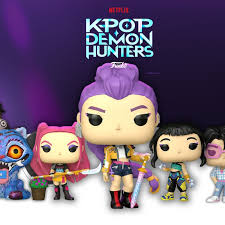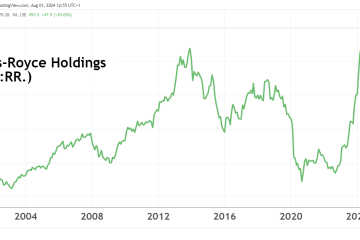The Fascinating Rise of K-Pop Demon Hunters

Introduction to K-Pop Demon Hunters
In recent months, the K-Pop industry has witnessed an intriguing trend: the emergence of K-Pop demon hunters. This unique blend of vibrant music, striking visuals, and captivating storytelling has captivated fans both in South Korea and globally. The intersection of fantasy and popular music not only showcases the versatility of K-Pop artists but also reflects a growing interest in supernatural themes in modern entertainment.
The Phenomenon Explained
K-Pop demon hunters typically portray characters that battle supernatural forces, combining elements of fantasy, mythology, and folklore with the high-energy performances characteristic of K-Pop. This trend has escalated since the release of several hit songs and music videos showcasing these themes, allowing groups to present elaborate narratives that resonate with the increasingly diverse interests of their fanbase.
Recently, several groups have ventured into this thematic territory. For instance, the boy band ‘Elysium’ has gained a substantial following with their latest album ‘Chasing Shadows,’ which revolves around the battle against dark forces. Their music videos are reported to have amassed millions of views within just days of release, highlighting the audience’s desire for entertaining, theatrical experiences.
Impact on Culture and Fan Engagement
This trend has not only inspired new music but also encouraged fan engagement on multiple levels. Fans have taken to social media platforms to create and share their fan art, stories, and theories based on the narratives presented by their beloved groups. Events such as fan meets and cosplay gatherings have seen attendees dressing as their favourite K-Pop demon hunters, further contributing to the community’s growth and solidarity.
The success of K-Pop demon hunters can also be attributed to the growing acceptance of fantasy genres within mainstream media. Fans are increasingly drawn to content that explores escapism and adventure, which this new wave of K-Pop profoundly embodies.
Conclusion and Future Prospects
The K-Pop demon hunter trend underscores the genre’s continual evolution and adaptability, highlighting how artists are willing to push boundaries and explore new storytelling methods. As this phenomenon grows, we may witness even more intricate narratives and multimedia experiences emerge within K-Pop. With the potential for collaborations with respected figures in the fantasy genre, the future holds dynamic possibilities for K-Pop to further engage with its audience. Ultimately, K-Pop demon hunters are not just a passing trend; they signify a cultural shift towards richer, more diverse storytelling in the music industry.









